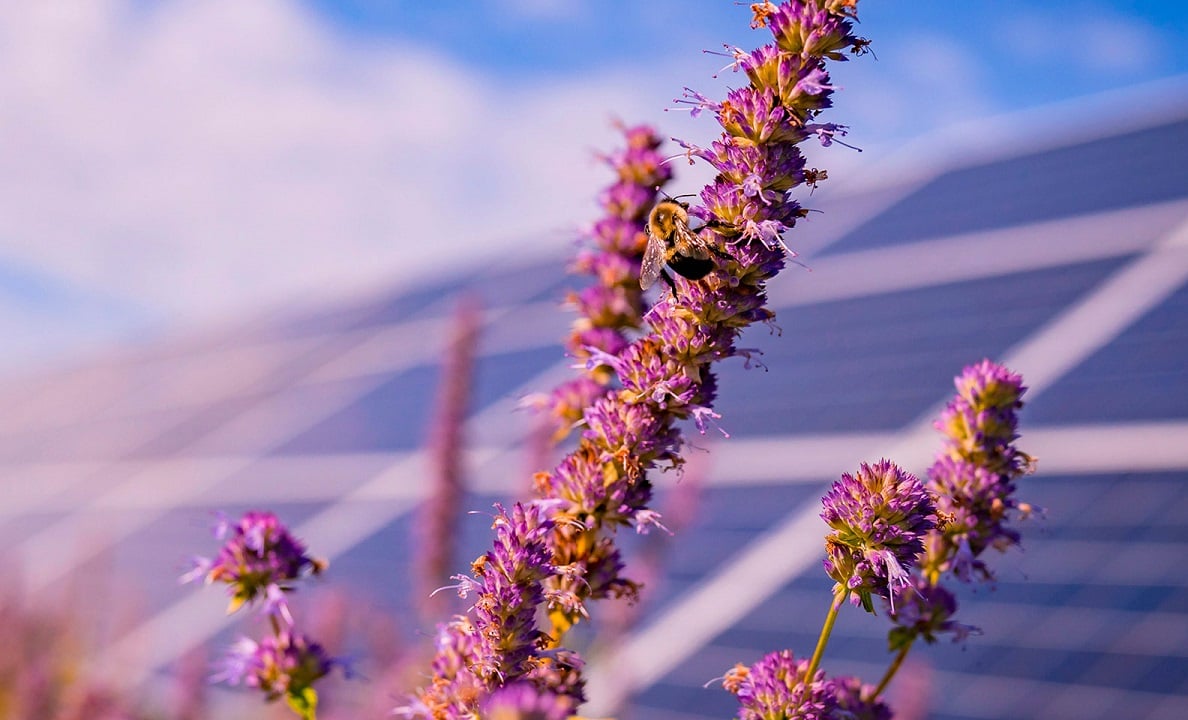Italy bans solar on agricultural land
Italy bans solar on agricultural land PV Tech


Italy’s Ban on Solar Installations on Agricultural Land Raises Concerns

Italy’s decision to ban the installation of solar panels on agricultural land has raised concerns among industry experts. The move, aimed at protecting tax provisions for agricultural projects, could potentially undermine the country’s progress towards achieving the Sustainable Development Goals (SDGs).
New Legislation and its Impact
The Italian government has confirmed that ongoing solar projects will be exempt from the ban. However, the new laws still need approval from both houses of parliament, leaving room for potential amendments. The decision has already faced criticism from the Italian solar sector.
Italia Solare, the national trade body for the solar industry, has called the ban “a serious mistake” and estimates that it could result in approximately €60 billion (US$64.6 billion) in lost private investment and tax revenues for Italy. The trade body argues that the government’s target of deploying 50GW of solar PV by 2030 can be achieved without significant damage to agriculture and the landscape. It suggests that just 1% of currently unoccupied agricultural land could meet 50% of this target.
“Agriculture and photovoltaics can coexist very well with crops between the rows of photovoltaic modules,” stated Italia Solare.
Government’s Response
Energy Minister Gilberto Pichetto Fratin has reassured that the new legislation will not jeopardize Italy’s solar deployment targets. However, concerns remain within the industry about the potential impact on the country’s progress towards the SDGs.
Shifting Solar Market in Italy
In recent years, Italy’s solar market has been dominated by residential and rooftop installations, thanks to the government’s Superbonus incentives. However, as these incentives are phased out, utility-scale and ground-mounted deployments are expected to increase. Cristiano Spillati, managing director of Italian solar developer Limes, predicts a significant rise in utility-scale solar installations this year, almost three times the amount seen in 2023.
SDGs, Targets, and Indicators
-
SDG 7: Affordable and Clean Energy
- Target 7.2: By 2030, increase substantially the share of renewable energy in the global energy mix.
- Indicator: The article mentions the installation of solar PV, which is a form of renewable energy.
-
SDG 11: Sustainable Cities and Communities
- Target 11.4: Strengthen efforts to protect and safeguard the world’s cultural and natural heritage.
- Indicator: The article discusses the potential impact of solar installations on agricultural land, which can be considered part of the natural heritage.
-
SDG 13: Climate Action
- Target 13.2: Integrate climate change measures into national policies, strategies, and planning.
- Indicator: The article mentions the government’s target of deploying 50GW of solar PV by 2030, which is a climate change measure.
Table: SDGs, Targets, and Indicators
| SDGs | Targets | Indicators |
|---|---|---|
| SDG 7: Affordable and Clean Energy | Target 7.2: By 2030, increase substantially the share of renewable energy in the global energy mix. | The installation of solar PV, a form of renewable energy. |
| SDG 11: Sustainable Cities and Communities | Target 11.4: Strengthen efforts to protect and safeguard the world’s cultural and natural heritage. | The potential impact of solar installations on agricultural land, which is part of the natural heritage. |
| SDG 13: Climate Action | Target 13.2: Integrate climate change measures into national policies, strategies, and planning. | The government’s target of deploying 50GW of solar PV by 2030. |
Copyright: Dive into this article, curated with care by SDG Investors Inc. Our advanced AI technology searches through vast amounts of data to spotlight how we are all moving forward with the Sustainable Development Goals. While we own the rights to this content, we invite you to share it to help spread knowledge and spark action on the SDGs.
Fuente: pv-tech.org

Join us, as fellow seekers of change, on a transformative journey at https://sdgtalks.ai/welcome, where you can become a member and actively contribute to shaping a brighter future.







